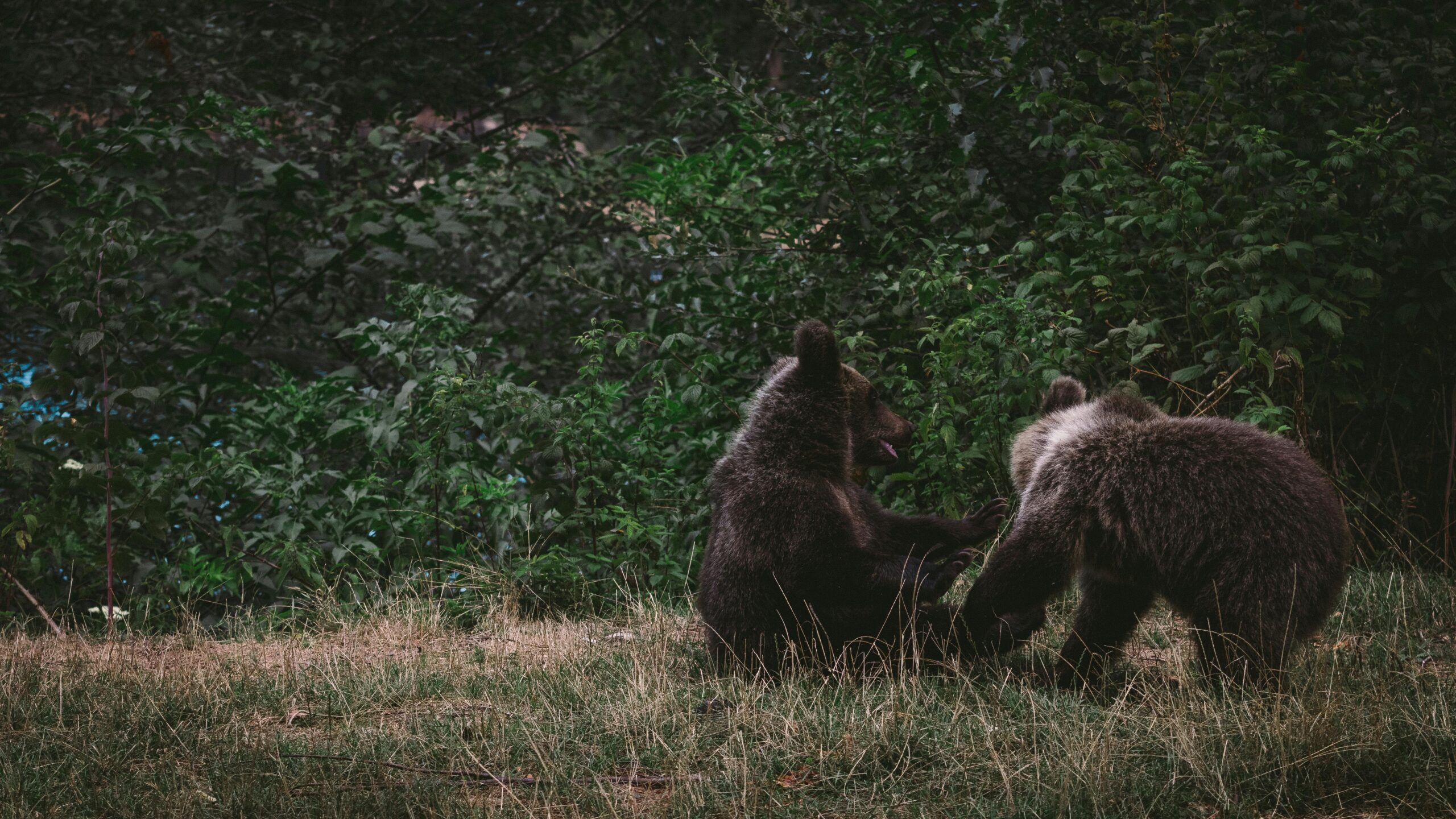As winter’s icy grip loosens across Michigan, an unmistakable sign of spring emerges: black bears waking from their months-long slumber. The Michigan Department of Natural Resources (DNR) is urging residents to take proactive measures, notably removing bird feeders, to prevent unwelcome encounters with these formidable mammals.
The Awakening of Michigan’s Black Bears
Michigan is home to a thriving black bear population, with over 12,000 individuals predominantly residing in the Upper Peninsula and the northern regions of the Lower Peninsula. As spring approaches, these bears emerge from their dens, driven by the need to replenish energy reserves depleted during hibernation. Their acute sense of smell leads them to calorie-rich food sources, making residential areas with accessible food particularly enticing.
Bird Feeders: A Caloric Magnet
One of the primary attractants for bears venturing into human habitats is bird feeders. An average bird feeder can contain approximately 19,000 calories worth of seeds, presenting an irresistible jackpot for a hungry bear. This substantial energy source can lure bears repeatedly to the same location, increasing the likelihood of human-bear conflicts.
DNR’s Recommendations for Residents
To mitigate potential conflicts and ensure the safety of both humans and bears, the DNR advises residents to implement several precautionary measures:
-
Remove Bird Feeders: With natural food sources becoming abundant in spring, it’s advisable to take down bird feeders during this period. Alternatively, consider installing bird baths, nest boxes, or planting native flora that attracts birds without the need for feeders. Garbage: Store garbage cans indoors overnight and ensure they are bear-resistant. Bears have been known to travel great distances in search of food, and unsecured trash can be a significant attractant.
-
Clean Outdoor Areas: Regularly clean grills and patio furniture to eliminate residual food odors. Even minimal food remnants can attract bears from afar.
-
Protect Beehives and Gardens: Utilize electric fencing to safeguard beehives, fruit trees, and gardens. This deterrent is effective in preventing bears from accessing these potential food sources.
Understanding Bear Behavior
Black bears are generally wary of humans and prefer to avoid contact. However, when they associate human habitats with easy food sources, this natural fear diminishes, leading to increased interactions. It’s crucial to remember that feeding bears, whether intentionally or unintentionally, can result in them becoming habituated, posing risks to both human safety and the bears’ well-being.
The Broader Implications
The black bear population in Michigan has seen a notable increase, growing by 25% between 2012 and 2022. While this is a positive indicator of a healthy ecosystem, it also underscores the importance of responsible human behavior to prevent conflicts. As bears expand their range, sightings in areas previously unaccustomed to bear activity have become more frequent, making statewide awareness and education essential.
Living Harmoniously with Wildlife
Michigan’s rich biodiversity is a source of pride and offers residents unique opportunities to observe wildlife. However, with this privilege comes the responsibility to coexist safely and respectfully with all species. By adhering to DNR guidelines and fostering an understanding of bear behavior, residents can minimize negative interactions and ensure that Michigan’s black bears remain a valued and respected part of the state’s natural heritage.
In conclusion, as black bears emerge this spring, taking simple yet effective steps—such as removing bird feeders and securing potential food sources—can make a significant difference in preventing unwanted encounters. By doing so, Michiganders contribute to a safer environment for both humans and wildlife, preserving the delicate balance of our shared ecosystem.
(Source : newsbreak.com)






